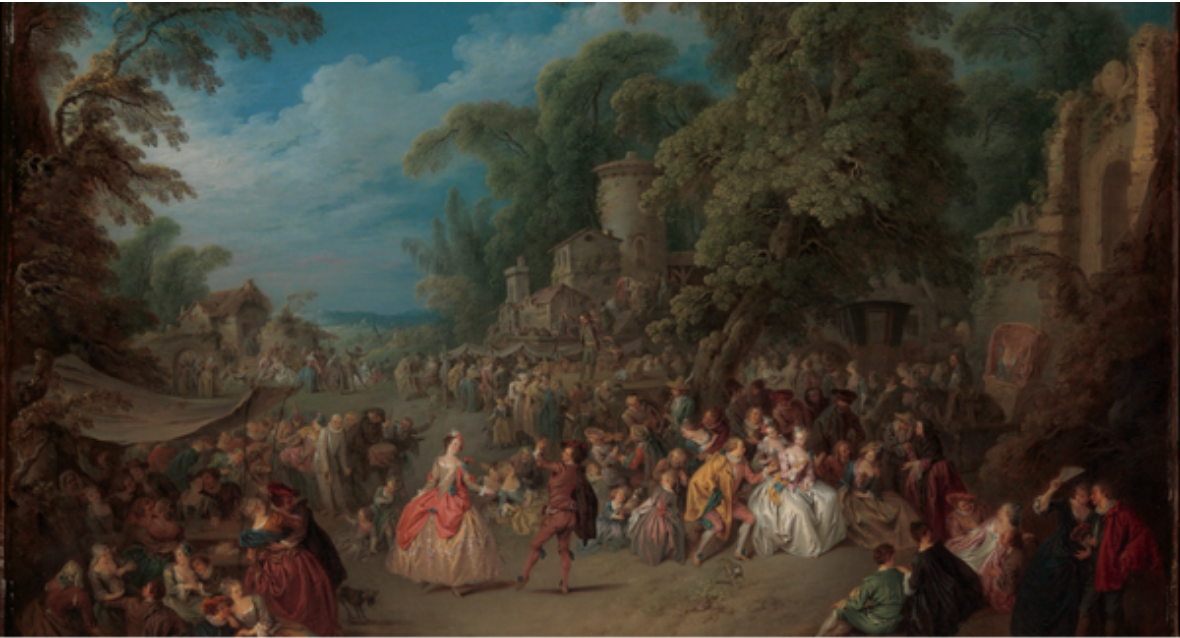Organizing between elections
Elections are galvanizing moments: when an inspiring candidate presents themselves, people can project all of their hopes and dreams onto someone that might win and change things for the better.
Deep down, we know that it takes more than one person to change the world. But our culture is so focused on personality, identity, and celebrity that it’s hard not to hang your hopes on one candidate’s electoral victory.
A win or a loss on election day is a decisive judgment. Either we reached a happy ending, or we need to re-evaluate everything after a crushing defeat. Neither of these reactions are completely true, even if they provide their own kind of comfort.
This municipal election, I was thrilled to see some new, progressive faces elected in Waterloo Region: Colleen James, the first Black person elected to Regional Council, brings years of experience working inside City Hall bureaucracy. That means she’s well-positioned to outmaneuver the entrenched habits of staff to deliver on her vision for more equitable services. Kari Williams, with her background in policy research and direct action efforts to tackle food insecurity in her neighbourhood, will bring some much-needed perspective on how to deal with our interconnected struggles in the immediate term as we also plan for long-range strategies. Chantal Huinink, who uses a wheelchair, first made waves when she raised the alarm about the atrocious state of accessible transit services. She will watch, eagle-eyed, to make sure we don’t cut corners on the way to becoming a more inclusive region.
Waterloo’s new mayor, Dorothy McCabe, first caught my attention when she organized a counter-protest to an anti-vaccine group that took over Waterloo Town Square. In Kitchener’s Ward 5, Ayo Owodunni is the city’s first Black councillor, and he hosts a podcast about how to navigate Canada as an immigrant. In Ward 10, Aislinn Clancy brings a deep understanding of how the housing crisis and the climate crisis are connected. And in Ward 3, Jason Deneault is bringing his experience as a healthcare worker and union leader to the table.
There are also some fantastic new faces who ran to represent their communities and just didn’t get enough votes to win: Matt Rodrigues, Stephanie Stretch, Brooklin Wallis, Jonathan Cassels.
None of these names are saviours. Their victory doesn’t mean that the work of grassroots advocacy and mutual aid groups is over. And their loss doesn’t mean that it was all for nothing.

In 2016, Rebecca Solnit wrote, “The work doesn’t begin and end with elections—and it doesn’t necessarily work through them. That’s part of why I think of voting as a chess move, not a valentine. It’s just a little part of the picture of how we make the world.”
The measure of success for progressive movements isn’t that our candidate got into office, that’s only the beginning. The measure of success is that our neighbours don’t have to sleep in tents. That people don’t die in car crashes. That we reduce our greenhouse gas emissions. That Indigenous peoples take land back. That we alleviate inequality. That police-free community care flourishes. That artists don’t leave this region due to rising rents.
In fact, our elected leaders are most effective when they are pushed to do better by progressive voices outside city hall. In a recent interview on Rob Deutschmann’s Old Grey Mayors podcast, former Regional Chair Ken Seiling reflected on advocacy groups like TriTAG that provided an effective countermessage to the status-quo staff reports when it came to debates around transportation safety and sidewalk clearing. ReallocateWR has had a similar impact, galvanizing the conversation around the police budget and securing a commitment to upstream funding from the Region. Environmental groups like Hold The Line WR, Grand River Environmental Network, Waterloo Federation of Agriculture, and Nith Valley Eco-Boosters have banded together to cancel the destructive Bill 66, and to push for a more ambitious Regional growth plan.
Sometimes community leadership also looks like just doing the damn thing and waiting for municipal governments to catch up. O:se Kenhionata:tie Land Back Camp started reclaiming land for Indigenous gathering space in Willow River Park without City approval. Their demands for waived fees and Indigenous staff positions have been achieved, as our councils realised that residents of Waterloo Region wanted more than just lip service toward reconciliation. A Better Tent City started out as a community of tiny homes on land that wasn’t permitted for residential use. They were in violation of zoning rules, but the need to house and feed people in the midst of a homelessness crisis was too urgent. Local governments eventually came around to the idea and today, they celebrate ABTC as a successful model that other communities should learn from.

The best thing we can do between elections is to stay involved, somewhere, somehow, in a cause that’s meaningful to us. The politcians we elected can’t do it on their own. They need progressive residents to keep speaking up and build the political will to build a more just society.
If you don’t know where to start, get in touch with For A Better Waterloo Region, Ground Up WR, or any of the organizations I linked to above. If there’s one common thread between all of the advocacy groups in this region, it’s that we’re all burned out and don’t have enough volunteers. One more person can make all the difference. One more person can make a movement feel less like work and more like a community. One more person can bring new perspectives and life experience. One more person can bridge the gap between organizations that don’t talk to each other.
So please, don’t wait until four years from now to get fired up again. Our elected officials need us to stay paying attention, and our grassroots advocacy groups need more people to get involved.
Sam Nabi